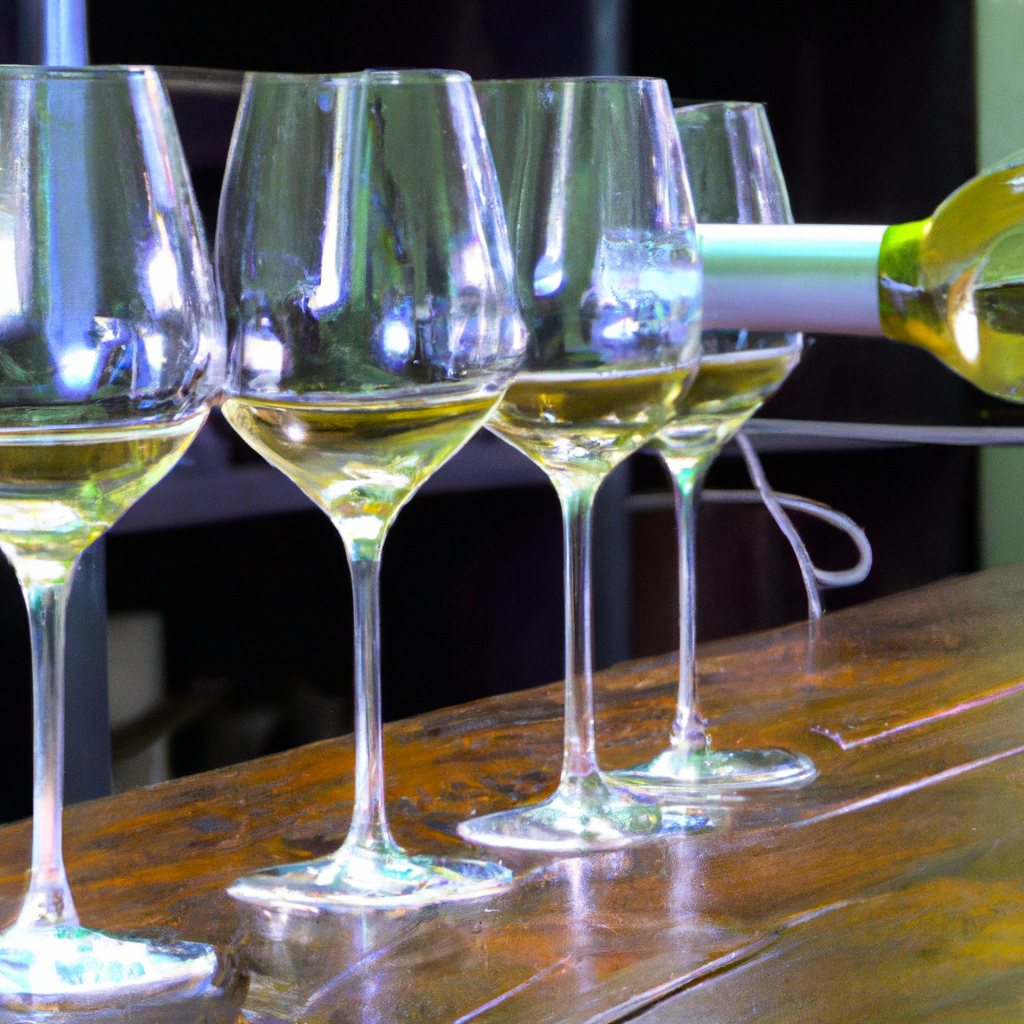
-
Article Summary
- Understanding Verjus: Insights from a Wine Expert
- Key Takeaways
- Introduction: Unveiling the Mysteries of Verjus
- The History and Production of Verjus
- The Culinary Uses of Verjus
- The Resurgence of Verjus
- Verjus and Wine Pairing
- FAQ Section
- What is verjus?
- How is verjus made?
- How is verjus used in cooking?
- What is the relationship between verjus and wine?
- Why is verjus becoming more popular?
- Conclusion: The Value of Understanding Verjus
- Revisiting the Key Takeaways
Understanding Verjus: Insights from a Wine Expert

[youtubomatic_search]
Key Takeaways
- Verjus, a non-alcoholic juice made from unripe grapes, has a rich history and unique flavor profile.
- Verjus is used in cooking as a mild acidulant, offering a gentler alternative to vinegar or lemon juice.
- Verjus production is closely tied to the wine industry, as it utilizes grapes that are thinned from the vines during the growing season.
- Verjus is experiencing a resurgence in popularity, particularly in high-end cuisine and mixology.
- Understanding verjus can enhance appreciation of wine and food pairing.
Introduction: Unveiling the Mysteries of Verjus
Verjus, pronounced ‘ver-zhoo’, is a culinary ingredient that has been used for centuries but is often overlooked in modern kitchens. This non-alcoholic juice, made from unripe grapes, offers a unique flavor profile that can enhance a variety of dishes and cocktails. As a wine expert, understanding verjus not only broadens your knowledge of grape products but also provides insights into the history and evolution of culinary arts.
The History and Production of Verjus
Verjus has a rich history, with its use dating back to the Middle Ages. It was a popular ingredient in French and Persian cuisine, used as a mild acidulant before the widespread availability of lemons and more potent vinegars. Verjus production is closely tied to the wine industry. It is made from unripe grapes that are thinned from the vines during the growing season to improve the quality of the remaining grapes. This process, known as ‘green harvesting’, provides the raw material for verjus.
The Culinary Uses of Verjus
Verjus is prized for its gentle acidity, which can brighten the flavors of a dish without overpowering them. It is often used in salad dressings, marinades, and sauces, or to deglaze a pan. Verjus can also be used in desserts, offering a tart counterpoint to sweet flavors. In addition to its culinary uses, verjus is also finding a place in mixology, where its subtle grape flavor and mild acidity can add complexity to cocktails.
The Resurgence of Verjus
While verjus never completely disappeared, it has experienced a resurgence in popularity in recent years. This is particularly true in high-end cuisine, where chefs value its unique flavor and versatility. Some wineries and vineyards are also producing their own verjus, offering a new way for wine lovers to experience their favorite varietals. As a wine expert, understanding this trend can provide valuable insights into the evolving tastes and preferences of consumers.
Verjus and Wine Pairing
Understanding verjus can also enhance your appreciation of wine and food pairing. The same principles that guide the use of verjus in cooking can apply to pairing wine with food. For example, the gentle acidity of verjus can balance rich, fatty dishes, much like a crisp white wine. Similarly, the subtle grape flavors of verjus can complement a variety of foods, just as the flavors in wine can enhance a meal.
FAQ Section
What is verjus?
Verjus is a non-alcoholic juice made from unripe grapes. It is used in cooking as a mild acidulant.
How is verjus made?
Verjus is made from grapes that are thinned from the vines during the growing season, a process known as ‘green harvesting’.
How is verjus used in cooking?
Verjus can be used in salad dressings, marinades, sauces, and desserts. It can also be used to deglaze a pan.
What is the relationship between verjus and wine?
Verjus production is closely tied to the wine industry, as it utilizes grapes that are thinned from the vines. Understanding verjus can enhance appreciation of wine and food pairing.
Why is verjus becoming more popular?
Verjus is experiencing a resurgence in popularity due to its unique flavor and versatility. It is particularly popular in high-end cuisine and mixology.
Conclusion: The Value of Understanding Verjus
Verjus, with its rich history and unique flavor profile, offers a fascinating study for wine experts and food enthusiasts alike. Its gentle acidity and subtle grape flavors can enhance a variety of dishes and cocktails, offering a unique alternative to more common acidulants. The resurgence of verjus in high-end cuisine and mixology reflects evolving consumer tastes and a growing appreciation for the versatility of grape products. As a wine expert, understanding verjus can provide valuable insights into these trends, enhancing your knowledge and appreciation of the culinary arts.
Revisiting the Key Takeaways
- Verjus, a non-alcoholic juice made from unripe grapes, has a rich history and unique flavor profile.
- Verjus is used in cooking as a mild acidulant, offering a gentler alternative to vinegar or lemon juice.
- Verjus production is closely tied to the wine industry, as it utilizes grapes that are thinned from the vines during the growing season.
- Verjus is experiencing a resurgence in popularity, particularly in high-end cuisine and mixology.
- Understanding verjus can enhance appreciation of wine and food pairing.
[youtubomatic_search]






